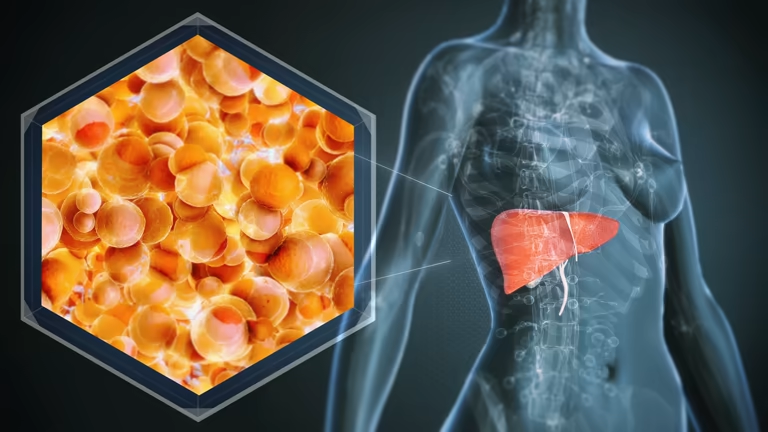How Do Clinical Trials Work in San Antonio?
What Is a Clinical Trial?

Clinical trials are scientifically structured research studies designed to evaluate the safety, efficacy, and overall viability of new treatments, drugs, or medical devices in humans. They represent a crucial final step before innovations in medicine can be approved for widespread use. In San Antonio, institutions like Quality Research conduct various clinical trials tailored to the local demographic, health conditions, and regulatory standards.
Primary Goals of Clinical Trials:
- Evaluate safety of new drugs or treatments
- Measure efficacy for specific health conditions
- Determine optimal dosages and administration methods
- Monitor side effects and adverse reactions
- Compare new interventions with existing treatments
By participating in a clinical trial, individuals contribute to “advancing tomorrow’s medicine” while potentially accessing new treatments not yet available to the public.
Types of Clinical Trials:
- Treatment trials: Test new medications or treatment
- Prevention trials: Assess preventive measures like vaccines
- Diagnostic trials: Evaluate new diagnostic techniques
- Screening trials: Explore methods to detect diseases earlier
- Quality of life trials: Focus on reducing discomfort and improving the well-being of patients with chronic conditions
These studies are conducted following international standards like ICH-GCP (International Conference on Harmonisation – Good Clinical Practice) and are regulated by ethical and governmental bodies.
Study Phases I–IV Overview
Clinical trials typically progress through four phases:
| Phase | Participants | Purpose | Notes |
| Phase I | 20–100 (small group) | Focus on safety, dosage, and side effects | Often conducted with healthy volunteers |
| Phase II | 100–300 (larger group) | Tests efficacy and further evaluates safety | Participants have the condition being studied |
| Phase III | 1,000+ (extensive group) | Compares new treatment to existing standard | Provides comprehensive data for FDA approval |
| Phase IV | Post-FDA approval (varied group) | Monitor long-term effects and benefits after treatment is available publicly | Conducted after market release |
Each phase builds upon the previous to ensure the treatment is safe, effective, and suitable for the general public.
How to Find a Trial in San Antonio
Residents of San Antonio seeking to participate in a clinical trial have access to numerous opportunities through Quality Research. Finding the right study involves several steps:

Types of Trials at Quality Research:
- NASH (Fatty Liver Disease) Clinical Trials
- Additional studies in hypertension, women’s health, and metabolic disorders
How to Get Started:
- Visit the website and browse available studies
- Use contact forms or call to initiate pre-screening
- Get referred through your physician or local clinic
Participants undergo initial screening calls, followed by on-site assessments to determine eligibility.
Key Procedures & Terms
Understanding the terminology used in clinical trials is essential for participants. Here are some of the core concepts:
Screening & Informed Consent:
- Screening involves health assessments, blood tests, medical history, and sometimes imaging
- Informed consent is a documented process where participants learn all details before joining
- Compliance with ICH-GCP ensures ethical transparency and safety
Randomization & Blinding:
- Randomization: Participants are randomly assigned to different treatment groups to eliminate bias
- Blinding: Single or double blinding ensures neither participant nor researcher knows the treatment type, which increases objectivity
Other common terms include placebo, active comparator, adverse event (AE), and protocol deviation.
For individuals with recurring joint pain, the Gout Clinical Research Study provides access to novel treatments with full procedural transparency.
Who Regulates and Monitors the Trial?
Clinical trials in San Antonio are highly regulated to ensure participant safety and scientific integrity.
Oversight Bodies:
- FDA (Food & Drug Administration): Approves trial protocols and monitors safety data
- IRB (Institutional Review Board): Reviews ethical considerations and patient welfare
- HIPAA (Health Insurance Portability and Accountability Act): Protects patient data privacy
On-Site Roles at Quality Research:
- Principal Investigator (PI): Leads the trial, ensures adherence to protocols
- Clinical Research Coordinators (CRC): Handle daily trial operations, patient scheduling, and data collection
- Nurses & Medical Staff: Conduct procedures, monitor health outcomes, and provide support
All staff are trained in GCP and continuously monitored for compliance.
Participant Safety & Rights
Participant safety is the cornerstone of any clinical trial, and protections are in place at every stage.
Voluntary Participation:
- Participants can exit a trial at any point
- No penalty or loss of benefits
- The decision does not affect access to standard care
Privacy Guarantees:
- Personal health information is anonymized and encrypted
- Data sharing follows strict regulatory compliance
- Consent forms outline who may access your data and why
Safety Monitoring:
- Adverse events are documented and reviewed by a Data Safety Monitoring Board (DSMB)
- Trials may be halted if safety thresholds are breached
- Frequent health checks and lab tests ensure patient well-being
If you’re experiencing gastrointestinal discomfort or irregularity, participating in the IBS-Diarrhea Clinical Study may provide both answers and relief through carefully monitored protocols.
Participants are continually updated about findings or changes in the trial, maintaining a transparent and trustworthy environment.
FAQ: Common Questions About Clinical Trials
How long do clinical trials typically last?
Clinical trials can last from a few weeks to several years, depending on the treatment being studied and the trial phase. Phase I studies are shorter, while Phase III trials can span years.
What happens if I have a side effect?
All side effects are closely monitored. You will receive immediate medical care, and the trial staff will document and report it to regulatory bodies.
Do I get paid to participate?
Yes, most trials offer compensation for time, travel, and participation. The amount varies by study and length.
Can I join more than one trial?
No, you can only join one clinical trial at a time. Participating in multiple trials simultaneously could compromise results and pose safety risks.
Will I have access to the results?
Yes, participants can request updates or summaries of study findings after the trial concludes.
Conclusion
Understanding how clinical trials work in San Antonio is key to making informed decisions about participation. By partnering with experienced institutions like Quality Research, residents can access cutting-edge treatments while contributing to meaningful medical progress. Whether you’re exploring trials for fatty liver disease, gout, or IBS-D, know that your safety, privacy, and rights are protected every step of the way.
To learn more about current opportunities and how to get started, please contact the Quality Research team today.


